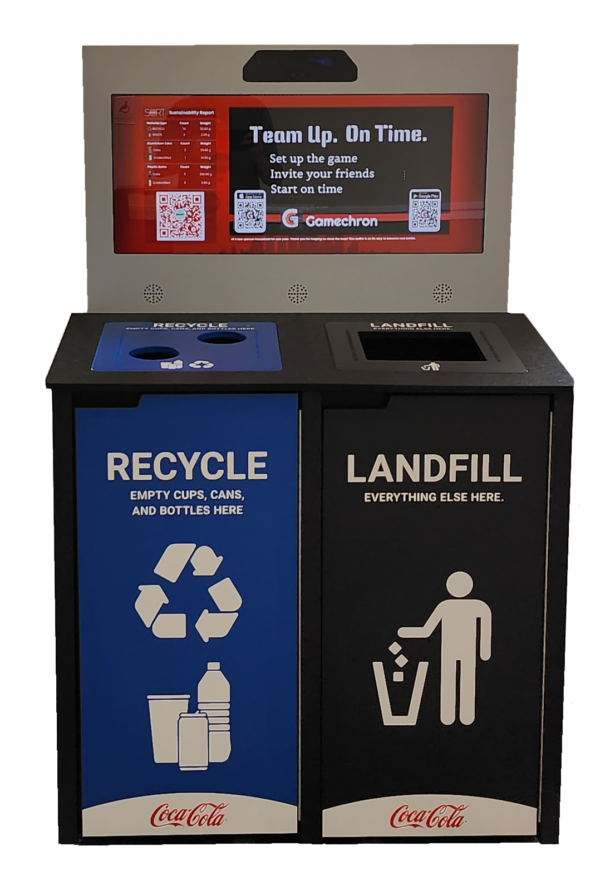In recent years, the world has witnessed a growing concern for the environment and the need for sustainable waste management solutions. Traditional waste management methods have proved insufficient to tackle the mounting waste crisis. However, with the advent of smart recycling, technology has emerged as a game-changer in revolutionizing waste management. Let’s explore the impact of smart recycling and how it is transforming the way we handle waste.
Smart recycling employs advanced technologies like sensors, artificial intelligence, and machine learning to optimize waste collection and sorting processes. These technologies enable real-time monitoring of waste bins, ensuring timely pick-ups and reducing overflowing bins. Additionally, smart sensors can differentiate between recyclable and non-recyclable waste, enhancing accuracy in sorting and recycling efforts. This increased efficiency minimizes the costs associated with waste management and reduces the environmental impact of waste disposal.
Vast amounts of data on waste generation patterns, recycling rates, and bin fill levels are collected by smart recycling. This data can be analyzed to identify trends, optimize waste collection routes, and allocate resources effectively. Waste management authorities can make informed decisions based on real-time data, reducing fuel consumption, and carbon emissions. Moreover, this data-driven approach allows for targeted educational campaigns, promoting recycling awareness and encouraging sustainable practices among the community.
Smart recycling solutions empower individuals to actively participate in waste management efforts. Mobile applications and online platforms provide users with real-time information on nearby recycling centers, collection schedules, and proper waste disposal techniques. By facilitating easy access to information, smart recycling encourages citizens to take responsibility for their waste and make informed choices. This increased citizen engagement fosters a sense of environmental stewardship, leading to a more sustainable and cleaner environment.
One of the significant advantages of smart recycling is its ability to contribute to the circular economy. By efficiently sorting and separating recyclable materials, smart recycling reduces the reliance on raw materials for manufacturing processes. This, in turn, reduces energy consumption and greenhouse gas emissions associated with extraction and production. By closing the loop and transforming waste into valuable resources, smart recycling paves the way for a more sustainable and circular economy.
The integration of technology in waste management not only improves efficiency but also creates new job opportunities. Smart recycling requires skilled technicians and data analysts to operate and maintain the technology infrastructure. Moreover, the development of smart recycling solutions drives innovation and fosters entrepreneurship in the waste management sector. With the rise of smart recycling, we can expect a surge in green jobs, contributing to economic growth while addressing environmental challenges.
Smart recycling is a transformative force in waste management, leveraging technology to drive efficiency, sustainability, and citizen engagement. Through increased accuracy, data-driven decision making, and promotion of the circular economy, smart recycling offers a promising solution to the global waste crisis. As we embrace these innovations, we move closer to a cleaner, more sustainable future. By harnessing the power of technology, we can revolutionize waste management and pave the way for a greener planet.




